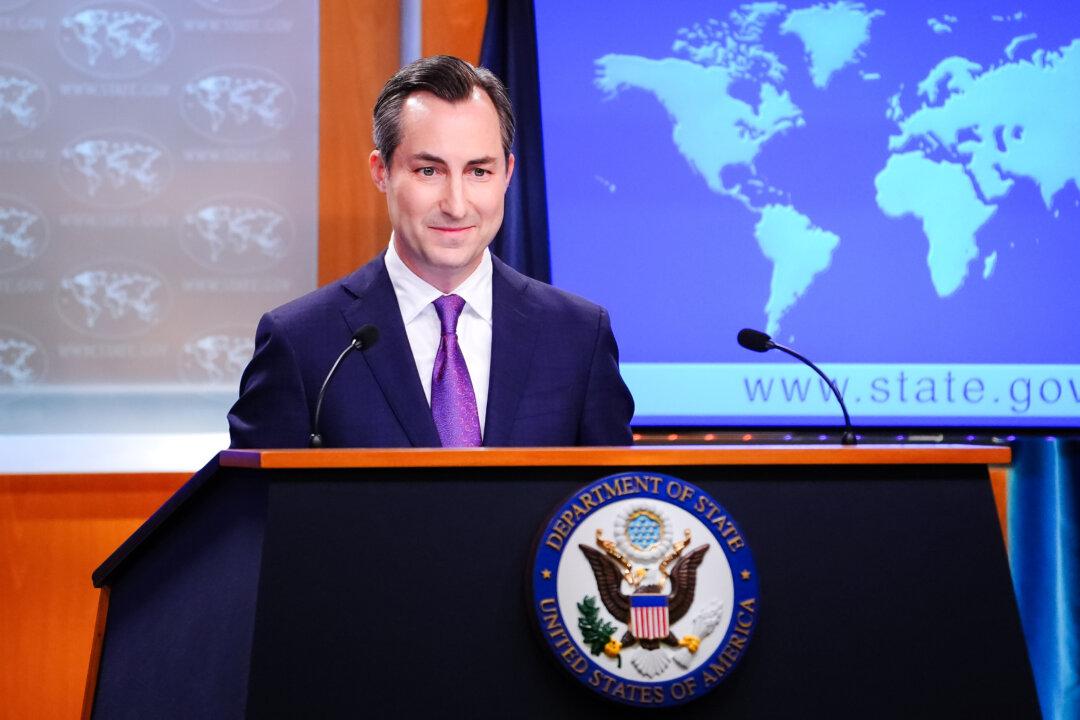Washington has imposed visa restrictions on dozens of Georgian officials in response to the country’s adoption this week of a “foreign agents” law that critics say is undemocratic and inspired by Russia.
“We are taking steps to impose visa restrictions on dozens of Georgian individuals,” U.S. State Department spokesman Matthew Miller said on June 6.





